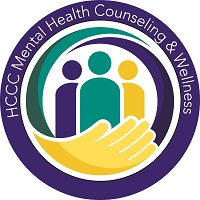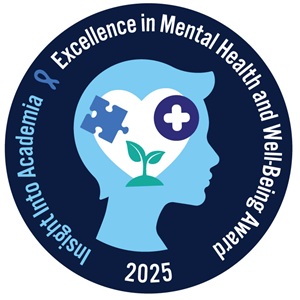
Free After-Hours Support

 Hudson Puts the WE-in WEllness!
Hudson Puts the WE-in WEllness!
Free After-Hours Support! Weekends, evenings, including Holidays!
Mental Health Counseling and Wellness has partnered with Uwill!
We are pleased to announce a partnership with Uwill, a leading student mental health and wellness teletherapy service. Uwill offers students an immediate, secure, and convenient way to receive teletherapy counseling services should the need arise.
NOTE: For all other needs during work hours, we provide in-person and remote free counseling sessions by appointment; we offer walk-in appointments on both campuses but it is recommended to make an appointment to decrease your wait time.
To Access Personal Counseling, please complete the General Care and Concern Form. It is Confidential.

Scan the QR code to get started using your school email.
To Schedule Teletherapy
Sign up or log in to Uwill, where you can select a therapist based on your preferences for availability, issue, gender, language, and ethnicity. You can also choose a time that fits your schedule with evening and weekend availability.
Easy, Quick, Immediate Access
You can register and book your first session in just minutes. This service is free to enrolled HCCC students. Once registered, you are approved for sessions. Your Uwill account also includes Urise. Urise offers free resources: Mindfulness Strategies on sleep, self-esteem, relationships, stress, yoga, anxiety, and more.
Uwill is Private. Secure. Confidential.
If you need any assistance, reach out directly to Uwill at support@uwill.com. You can also call (201) 360-4229 or email dpontius-molosFREEHUDSONCOUNTYCOMMUNITYCOLLEGE for more information or to provide feedback on the service.

CONFIDENTIALITY: Rights to privacy and confidentiality are taken seriously. Communications between the counselor and student are privileged, confidential, and safeguarded by our staff. Counseling records do not become part of educational history. Counseling information is not released to anyone outside of the Counseling Center without a student's written permission. We will not release your records unless we have written consent. However, there are four exceptions to confidentiality: (1) Imminent harm to yourself, (2) Imminent harm to others or property, (3) Abuse of children, the elderly, or the disabled, and (4) Staff consultation and supervision.
Contact Information
Mental Health Counseling and Wellness CenterJournal Square Campus
70 Sip Ave., 3rd Floor
Jersey City, NJ 07306Phone: (201) 360-4229
Text: (201) 912-2839
mentalhealthcounselingFREEHUDSONCOUNTYCOMMUNITYCOLLEGE
North Hudson Campus
4800 JFK Blvd., 7th Floor
Union City, NJ 07087Phone: (201) 360-4229
Text: (201) 912-2839
mentalhealthcounselingFREEHUDSONCOUNTYCOMMUNITYCOLLEGE
